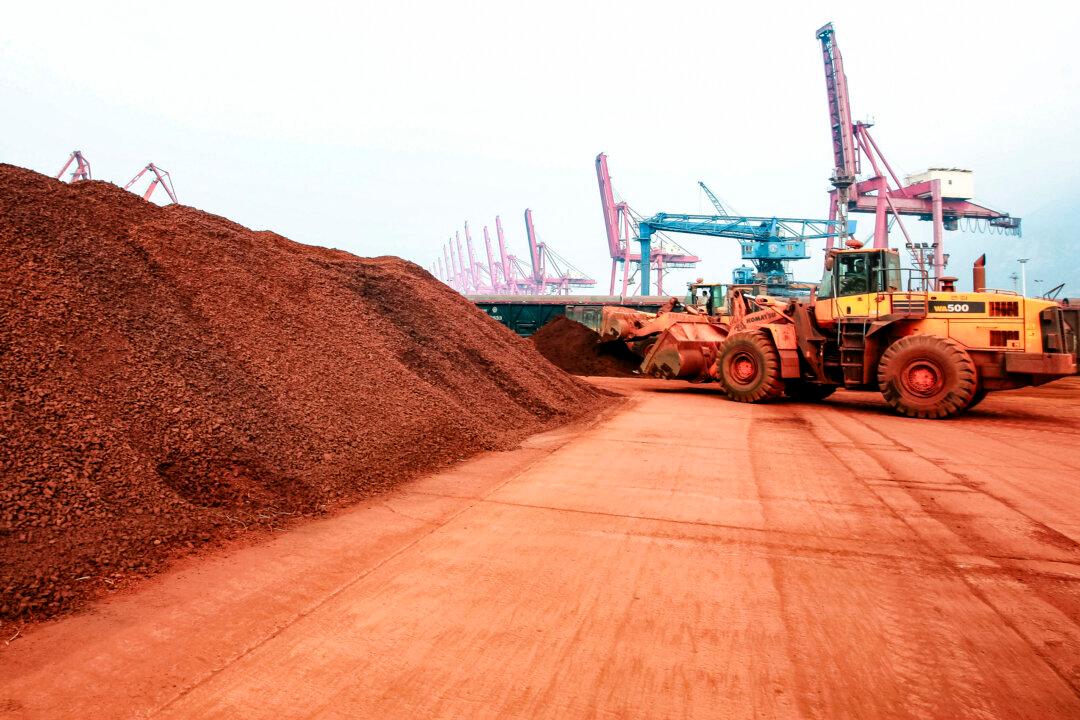The federal government is allocating up to $10 million for a critical minerals project in Quebec, following a recent partnership with the United States on a Yukon mine.
The funding will go to Montreal’s Torngat Metals to undertake pre-development activities for building a 170-kilometre road in northern Quebec and Labrador, along with new port facilities on the Labrador coast, Ottawa announced in a news release on Dec. 20. Those activities will include engaging with indigenous communities, environmental reviews, and other planning and design work.





